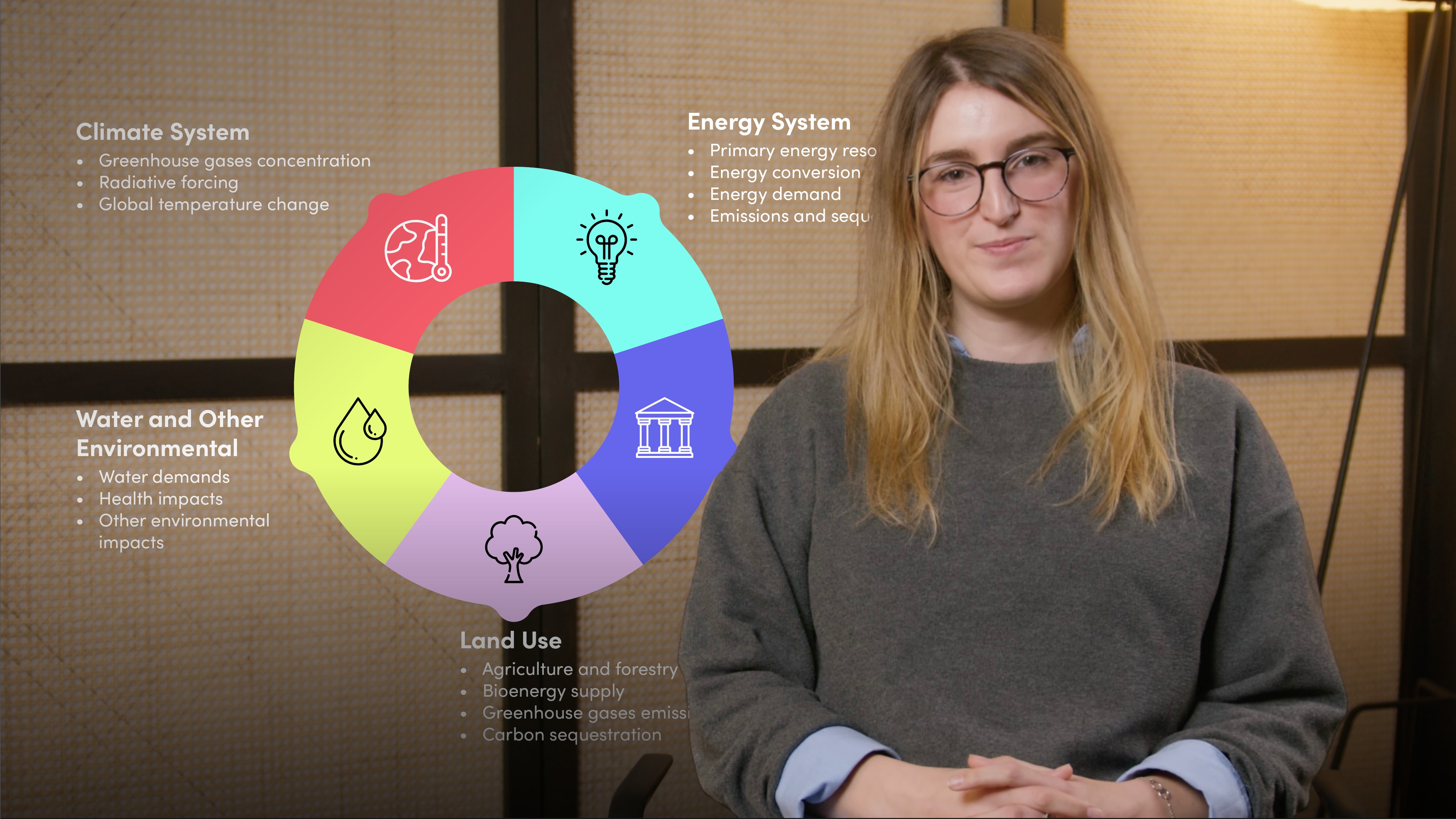
NGFS on Measuring Climate Risk

Patricia Sanchez Juanino
In this video, Patricia breaks down how the NGFS climate scenarios model risks and their impact on the economy. She explains how these scenarios help policymakers and financial institutions understand the effects of both physical and transition risks. She also highlights the 2024 findings, showing that achieving net zero by 2050 could halve economic damages compared to following current policies.
In this video, Patricia breaks down how the NGFS climate scenarios model risks and their impact on the economy. She explains how these scenarios help policymakers and financial institutions understand the effects of both physical and transition risks. She also highlights the 2024 findings, showing that achieving net zero by 2050 could halve economic damages compared to following current policies.
Subscribe to watch
Access this and all of the content on our platform by signing up for a 7-day free trial.

NGFS on Measuring Climate Risk
12 mins 1 sec
Key learning objectives:
Understand how NGFS scenarios model climate risks and economic impacts
Understand the importance of climate stress tests for financial stability and policymaking
Overview:
Subscribe to watch
Access this and all of the content on our platform by signing up for a 7-day free trial.
Subscribe to watch
Access this and all of the content on our platform by signing up for a 7-day free trial.

Patricia Sanchez Juanino
There are no available Videos from "Patricia Sanchez Juanino"





























